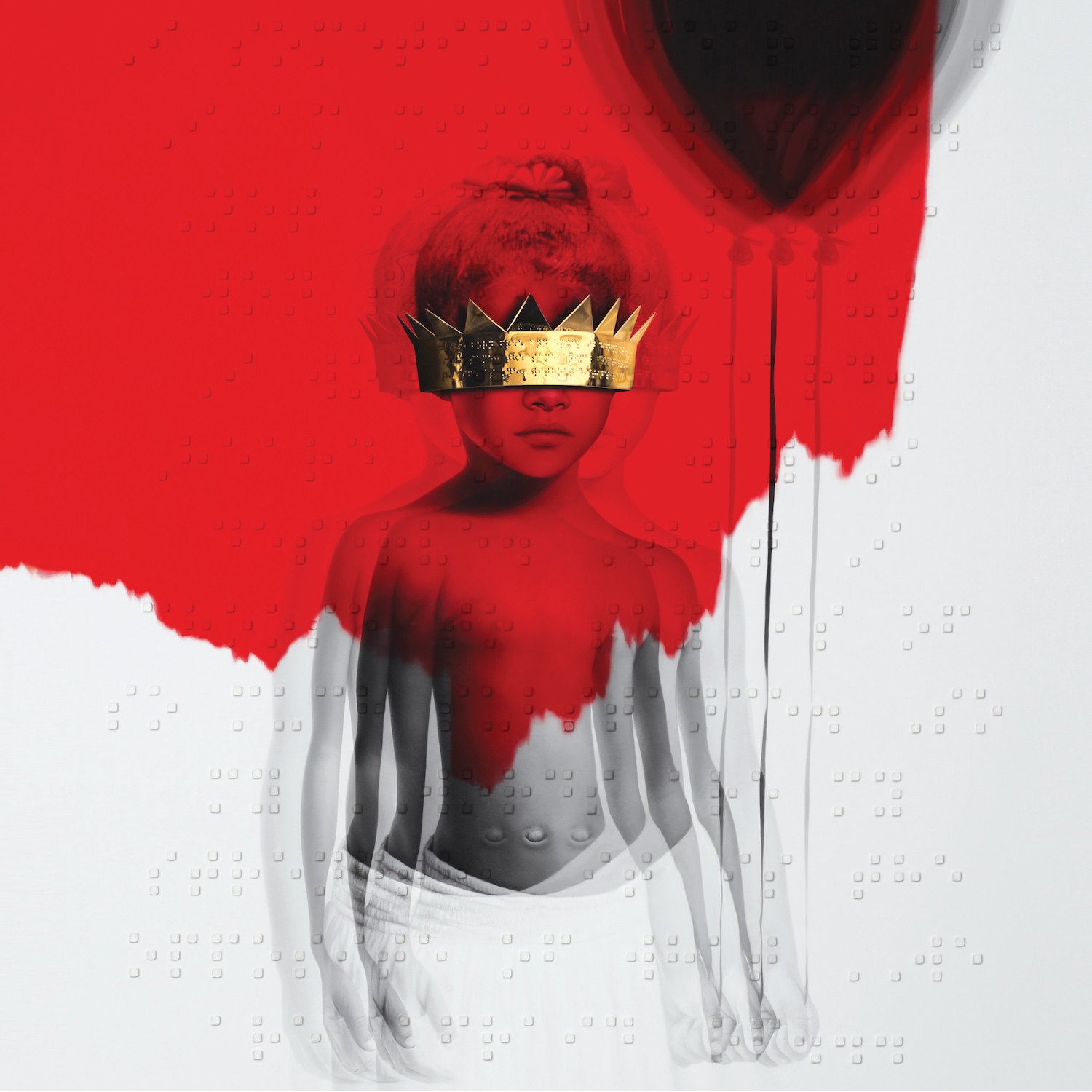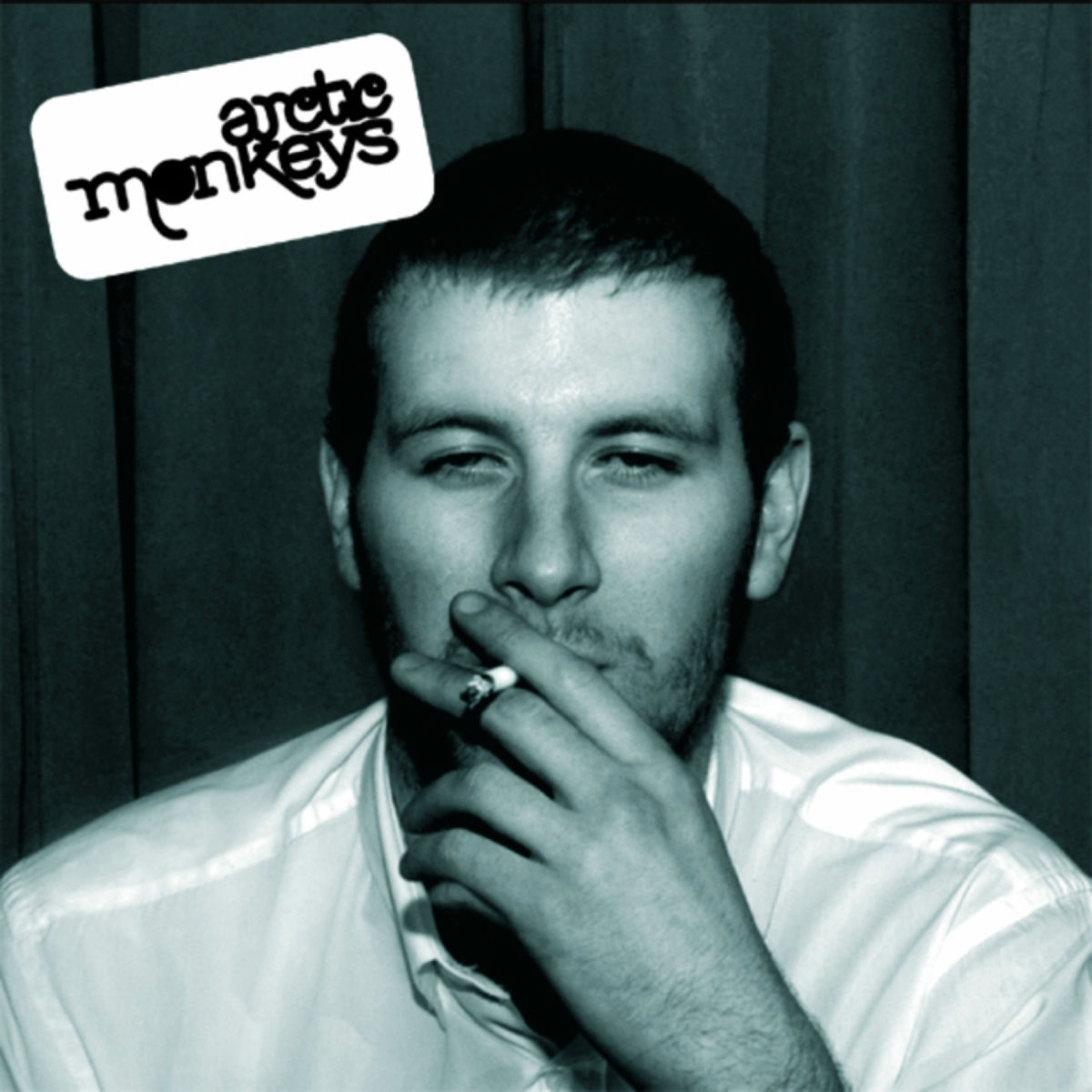- Bad Seed Ltd.
- 2013
"I'm transforming, I'm vibrating/ I'm glowing, I'm flying/ Look at me now." Nick Cave intones those words, controlled but just slightly quavering with intensity and release, at the end of the long strange journey in "Jubilee Street," one of two existential epics that defined the Bad Seeds' fifteenth outing, Push The Sky Away. He repeats the last bit just once, then the song is carried away on celestial waves of background vocals and strings.
If translation is to be trusted, Cave once told the German publication Musikexpress that the song could be interpreted as a tale of "transcendence through humiliation," but also acknowledged that it, like perhaps almost all of his songs, could be viewed as a meditation on the act of creation. In all the time since Push The Sky Away first arrived — 10 years ago this Saturday — "Jubilee Street" has taken on a sort of mystical power within the Cave canon. Live, it escalates, erupts, Cave running down the stage screaming that refrain over and over. Any barely contained ecstasy or fury on the recording is let loose entirely — a full exorcism, a full resurrection. There are those among us who have come to believe it's arguably Cave's finest song. Those lyrics, and Cave's performances of them, ended up becoming a dividing line between the Nick Cave of the past and the Nick Cave with one of the richest, most surprising, latter age acts in pop history.
In hindsight, Push The Sky Away was a new beginning. Given, the Bad Seeds had already just undergone a different kind of revitalization. Though this is now relatively established as Cave has gone from beloved cult figure to more widely acclaimed icon in these past 10 years, his career was always absurdly consistent — there are no prolonged downturns in the quality of his output, with masterpieces littered through the decades more or less evenly and only a few noticeably weaker albums between them. One of those downturns had, however, arrived in the early '00s, with the minor No More Shall We Part and Nocturama. The inspired 2004 double album Abattoir Blues/The Lyre Of Orpheus began to right the ship, but then something else happened in the second half of the '00s. Cave created a splinter Bad Seeds sect in Grinderman, which found him kicking against impending old age with raw, lecherous rock music that recalled some of his earliest work. Grinderman's dual albums in turn bookended and informed the Bad Seeds' 2008 outing Dig, Lazarus, Dig!!!, which successfully reclaimed the snarl and phantasmagoria of Cave's younger years for that same middle aged context. By the end of the '00s, it seemed Cave was entering his fifties as a fire-breathing rock monster, a form he hadn't fully embraced for many years.
Perhaps this jolt of energy reignited the Bad Seeds. But there were also practical shifts afoot. In 2009, founding Bad Seed Mick Harvey left the band. Another founding member and one of Cave's foils, Blixa Bargeld, had left in 2003. And over the course of those same years, Cave had grown closer and closer to Warren Ellis. The wild-haired violinist had already been a Bad Seeds for some years and had first contributed to a Cave album way back on 1994's Let Love In. But in the ‘00s, his partnership with Cave escalated, first with their initial forays into scoring movies, and then in overhauling the Bad Seeds for a new decade. When Push The Sky Away came out, Cave called it a "ghost-baby in the incubator" and Ellis' loops its "tiny, trembling heartbeat."
At the time, the sound was a bit shocking. There had been quiet Nick Cave albums before, but they skewed towards piano balladry. Push The Sky Away was more haunted and atmospheric; there was precious little of the volcanic Bad Seeds that had so recently reemerged, but instead a simmering, shimmering new iteration. Drums and percussion were patient and impressionistic, and sometimes nearly totally absent; guitars and keys and background vocals all felt like tendrils that eventually coalesced into music that always sounded like an image just barely coming into focus.
And while some of his subject matter remained the same, Cave's writing had also begun to evolve to meet this new sound. Years later, speaking after the loss of his son Arthur and after the Bad Seeds had followed Push The Sky Away with Skeleton Tree, Cave spoke to the Guardian about how he had abandoned narrative songwriting:
The idea that we live life in a straight line, like a story, seems to me to be increasingly absurd and, more than anything, a kind of intellectual convenience. I feel that the events in our lives are like a series of bells being struck and the vibrations spread outwards, affecting everything, our present, and our futures, of course, but our past as well. Everything is changing and vibrating and in flux.
You could see this worldview starting to take shape on Push The Sky Away. Cave had grown fascinated with internet detritus and Wikipedia rabbitholes (to the point he sang "The past is the past and it's here to stay/ Wikipedia's heaven" on "We Real Cool"). There are relatively conventional moments, like "Wide Lovely Eyes" being inspired by watching his wife walk down to the beach. But in its key passages, Push The Sky Away took the occasionally surreal approach of more zonked past Cave songs, and applied it to fragments that added up to far-reaching thoughts on human existence. There was no clearer example of this than "Jubilee Street," beginning as the sort of sordid character portrait we'd heard from him before, moving through to bizarre images like a "fetus on a leash," and eventually some kind of resolution that unexpectedly hinted at peace via transformation. Narrative folded in on itself by the time the album turned meta in "Finishing Jubilee Street," an account of exactly what it says, plus a nightmare. Then everything boiled over on "Higgs Boson Blues."
If "Jubilee Street" was the dreamscape walk towards a new self, "Higgs Boson Blues" was the vision quest through history and apocalypse. The discovery of a particle that reshapes scientific understanding, Robert Johnson at the crossroads, the motel where MLK was assassinated, Miley Cyrus floating in a pool — unclear whether face down or basking in the sun. Cave flits between biblical imagery of flaming trees and ephemeral pop culture, gesturing at a whole "center cannot hold" thread while, seemingly, setting it up to suggest we still move on. Between "Higgs Boson Blues" and the album's title track denouement, Cave hadn't just ended the album on a stunning one-two, he'd set up a new framework for his writing.
It wasn't hard to see that much of this felt like a reckoning with mortality, and the way humans make meaning, with a tone that couldn't help but feel more poignant when removed from the more macabre trappings that ran through Cave's earlier decades. Cave was already moving in these directions — a different sensitivity to humanity, a skepticism that things make any kind of actual sense in the way we're taught. Then, two years after Push The Sky Away, he lost his son in a tragic accident. The loss defined Skeleton Tree and especially 2019's Ghosteen, and it may hang over everything he does from now on; in a way, how could it not? When Ghosteen came out, Cave talked about it completing a trilogy begun with Push The Sky Away. Revisiting that first entry now, with what we know would happen in his life, it's almost chilling. There's an eeriness to how he was pulled towards the fragility of our existence, unknowingly heading towards two albums that would more deeply reflect on this while wracked with an impossible grief.
Push The Sky Away also initiated a trilogy of musical experimentation. While in some interviews it's been implied that those former Bad Seeds may have had qualms with the band's gradual adoption of more traditional songwriting, Push The Sky Away actually set the stage for some of the most striking, gorgeous, and unclassifiable music of Cave's career. His partnership with Ellis bloomed, and as narrative and life crumbled around them, so too did they push the Bad Seeds further out into the ether — first to the static and shadows of Skeleton Tree, then to Ghosteen, the end game for the more spacious Bad Seeds first glimpsed here. By then they were up in the clouds, giving us one of those albums of semi-recent times — like Bowie's Blackstar, or Low's Double Negative — that seemed to have glimpsed secrets of the universe most of us couldn't imagine.
In an already towering discography, Push The Sky Away opened up a new era late in Cave's career. You could make a strong case that it's actually his artistic peak. But beyond an aged pivot towards broader notoriety and festival headlining sets, perhaps the most moving part has been watching Cave become a different musician, writer, and person. No longer the provocateur bearing animosity towards seemingly everyone including his own fans, no longer the drug addict rooting around in life's seediest corners. Some changes went a ways back; some happened after losing his son and the different relationship he developed with is audience afterwards. But a lot of it traces to the time surrounding Push The Sky Away. He began to soften. He began to open himself up differently, open his music up too. Now, you could hardly find another artist who has gone through the sort of creative and personal sagas Cave has since he began as a scabrous Australian punk nearly 50 years ago. Maybe it wasn't truly linear, maybe it's not going to make sense in another 10 years, but for now there is an arc, ending in a rebirth and redemption as profound as the one depicted in "Jubilee Street." Look at him now.
We rely on reader subscriptions to deliver articles like the one you're reading. Become a member and help support independent media!






